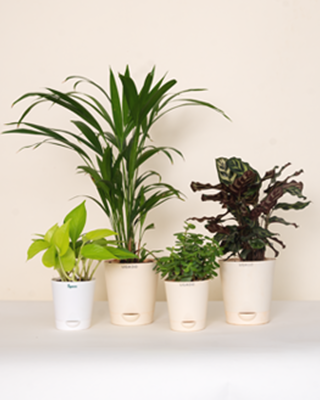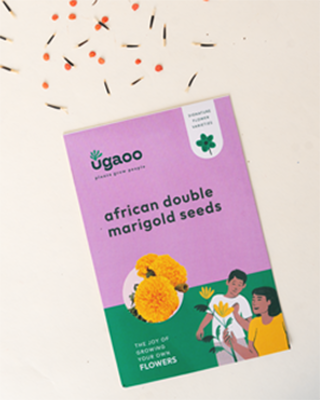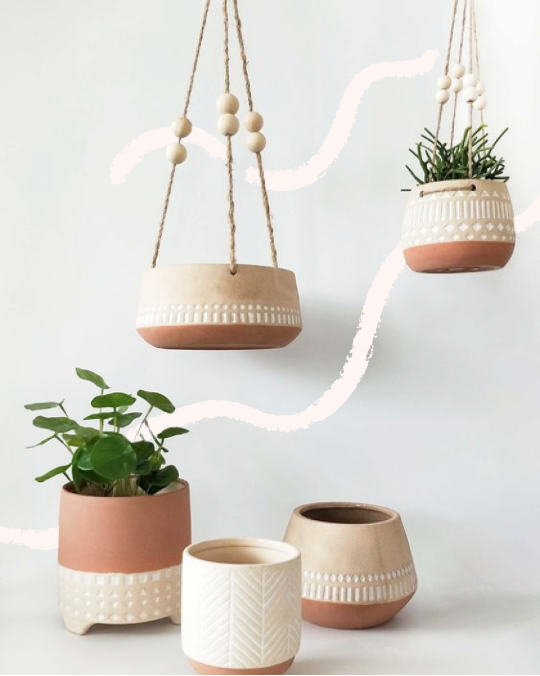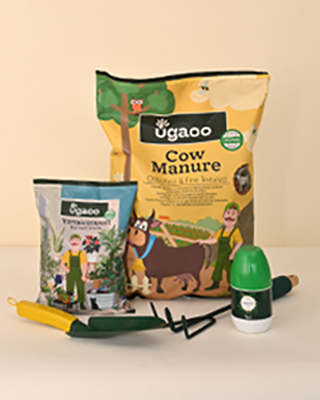If you do not have a provision for deep soil in your kitchen garden, you can grow the varieties like baby or round rooted carrots.

Sow seeds directly in shallow furrows about 30 cm i.e. 1ft apart and lightly cover with 1 cm of light soil. The carrot seeds need light to germinate, so do not sow the seeds too deeply. Tamp down to ensure good germination. Carrots take about 2-3 weeks to germinate. Keep the soil moist until the seedlings emerge. You can also cover the soil with a damp cloth and remove it once you see that the germination has occurred. For a good harvest remember that the area where the carrots have been planted should be kept weed free. When the seedlings are about 5 cm high, thin them to 2.5 cm apart and when they are 15 cm high, thin them to 5 cm apart. The tender young carrots that are thinned the second time are sweet to taste.

In mild areas, the carrots can be planted all the year round. In cool areas avoid growing them through winter. Carrots sown in late summer will mature in winter and will taste extremely sweet due to the sugars stored in the roots.
Pests:
Carrots grown without good sunlight may attract aphids. Snails, slugs, and carrot flies can also pose a threat.

Harvesting tips:
- Pick carrots when the size suits you.
- Spread the harvest by pulling smaller carrots earlier and allow the remaining to grow bigger.
- Most of the varieties take 3-4 months to grow.
- In cool climates do not leave carrots covered by mulch.

Varieties:
- Baby carrots are quick to mature and are a great source of nutrition for kids.
- Round-rooted carrots are perfect for containers.

Buying and Storing Carrots:
- Choose carrots that are firm, unblemished and rich in color.
- Store the carrots in loosely sealed plastic bag in the crisper section of the refrigerator for not more than a week.

Secret Health Benefits
- Carrots make a soothing remedy for skin irritations and digestive problems.
- Pectin in carrots is also known to lower the high cholesterol.
- Daily consumption of carrots is also said to reduce the risk of cardiovascular disease.
- The carrots get its orange color from Beta-carotene. This keeps the heart and arteries healthy.













